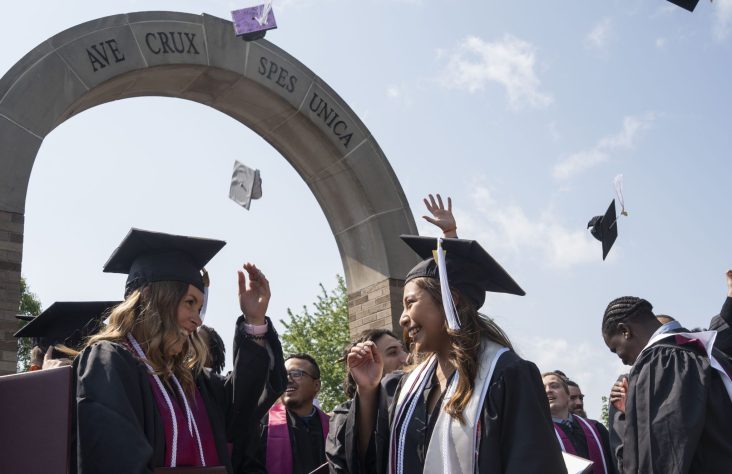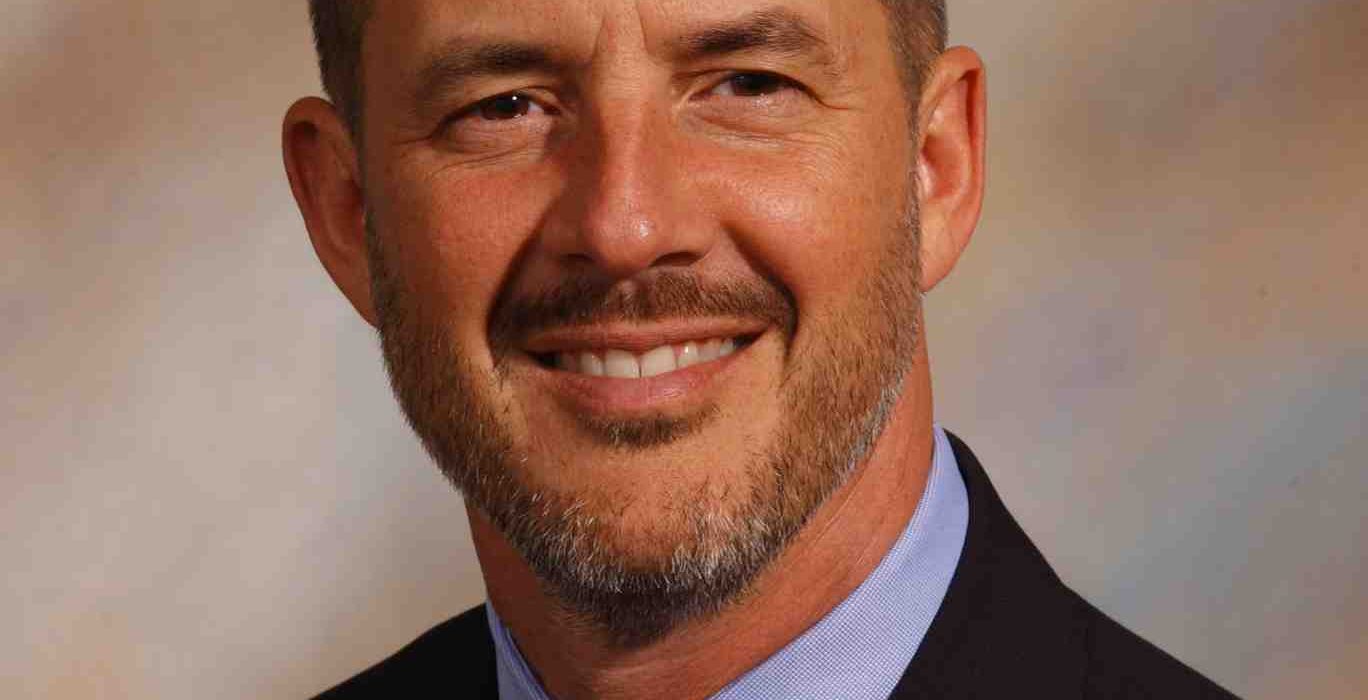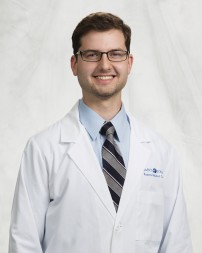October 7, 2014 // Local
Doctors’ obstetrics, gynecology practices respect human dignity
By Allison Ciraulo
For Dr. David Parker and Dr. Christopher Stroud, the practice of obstetrics and gynecology is a matter of respecting human dignity. As Catholics, this means that they use scientifically and morally sound methods to treat gynecological maladies and do not prescribe contraceptives, place IUDs, perform tubal ligations, or refer for in vitro fertilization or abortion.
Both OB/GYNs specialize in NaProTECHNOLOGY (natural procreative technology, or NPT), a women’s health science that is used to treat infertility, recurrent miscarriage, abnormal bleeding, premenstrual syndrome, recurrent ovarian cysts and pelvic pain.
The foundation of NPT is the Creighton Model FertilityCare System, a method of charting fertility symptoms that assists couples in either avoiding or achieving pregnancy. The pattern of these symptoms can also serve to indicate abnormalities in a woman’s health.
In contrast to mainstream fertility treatments, NPT “attempts to respect the sexual and reproductive integrity of the person by looking for the underlying causes of disease and restoring the normal physiologic function of a woman’s menstrual and fertility cycle,” Parker says.
Medical applications of NPT are often sufficient to bring about this goal, but in some cases surgical intervention is necessary. Parker and Stroud are also trained in a minimally invasive, robot-assisted surgery protocol that aims primarily to reconstruct the uterus, fallopian tubes and ovaries.
According to research conducted at the Pope Paul VI Institute for the Study of Human Reproduction in Omaha, where NPT was developed by Catholic physician Thomas Hilgers, NPT methods have a higher overall success rate in helping women to achieve pregnancy than mainstream methods such as intrauterine insemination and in vitro fertilization.
The Church teaches the latter methods violate the unitive and procreative purposes intrinsic to Christian marriage by removing the conception of a child from its natural place within the conjugal act.
Parker, who began practicing with Saint Joseph OB/GYN Specialists and Midwifery in Mishawaka in the fall of 2013, believes that in addition to the moral and scientific advantages, NPT also enhances the communication between the physician and patient.
“Because the woman becomes very educated on the unique aspects of her cycle, medical consultations become collaborative and insightful,” he says. “We offer NaProTECHNOLOGY because every woman, whether she is struggling with a gynecologic issue or just interested in her reproductive health, can benefit from using this system.”
While Parker’s and Stroud’s practices are not unique, the physicians are certainly exceptional among their peers.
Stroud has been an OB/GYN for nearly 20 years, but switched to a Creighton/NPT model just three years ago after he and his wife, Marianne, entered the Catholic Church. Conversations with Dr. Patrick Holly, an NPT physician with Lutheran Medical Group in Fort Wayne, helped lead Stroud to the conclusion that certain aspects of his practice were incompatible with Catholic teachings.
It was also becoming difficult for Stroud to attend the patients of his colleagues, given their considerable differences in approach. Six months ago, Stroud made the decision to leave Parkview Physicians Group and start an independent practice.
Stroud’s new practice, the Fertility and Midwifery Care Center on the Dupont Hospital campus in Fort Wayne, opened last month. With the help of his wife, a certified nurse-midwife, and another part-time midwife, he is able to dedicate more time to patients struggling with fertility problems in addition to attending obstetrics patients.
Marianne Stroud says that they have seen great success using the Creighton model. “People who have not been able to have a child for five, six or as many as 10 years are able to get pregnant,” she says
“While traditional methods load the woman with medication and force the body into being ready to receive a baby and then do IVF, we really focus first on asking, ‘Why are you infertile?’ Once underlying problems are addressed, women get pregnant on their own,” she adds.
One of the things that most captivates the women and couples whom Stroud attends, she says, is his bedside manner and concern for both the physical and spiritual well-being of his patients.
“We always pray for the patient before a surgery,” she says. “I can’t tell you how many people will write notes back to us after the surgery to say, ‘That was the most important thing you did all day.’”
Another way in which Stroud seeks to uphold the dignity of his patients is through his commitment to helping them achieve a natural childbirth. To this end, he avoids inducing labor whenever possible and encourages his patients to eat, drink and move around during labor. “The opportunity to let your body show you what it can do is tremendous,” says Marianne Stroud. “A lot of women don’t get the chance to really see what they’re capable of.”
Dr. Stroud will be speaking on the topic of natural hospital birth with author Cynthia Gabriel on Saturday, Oct. 18, from noon until 6 p.m. in the Joan B. McNagny Auditorium on the Ivy Tech Community College Campus in Fort Wayne. The program is designed for medical practitioners as well as patients and will include breakout sessions targeted to each audience. For more information and to register, visit: www.birthmatters.com/ural-hospital-birth.
The best news. Delivered to your inbox.
Subscribe to our mailing list today.








